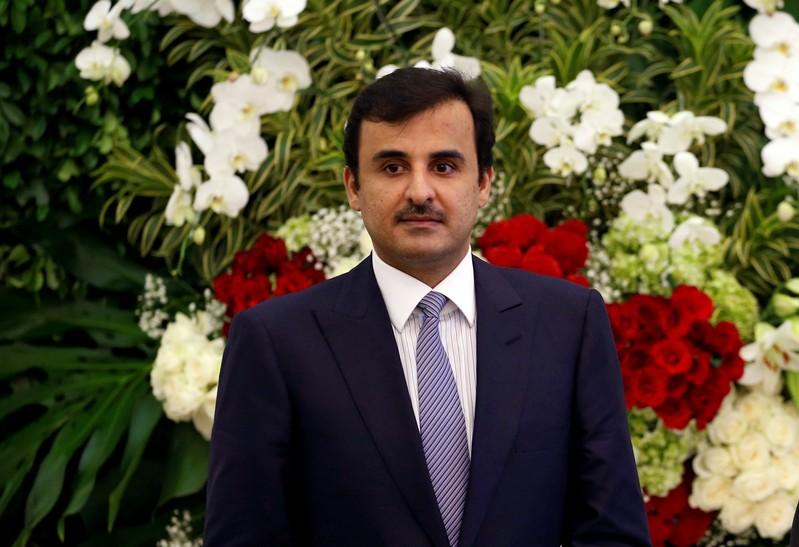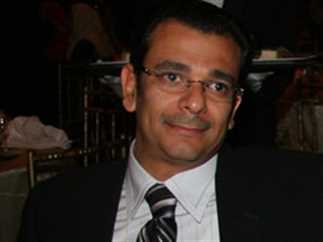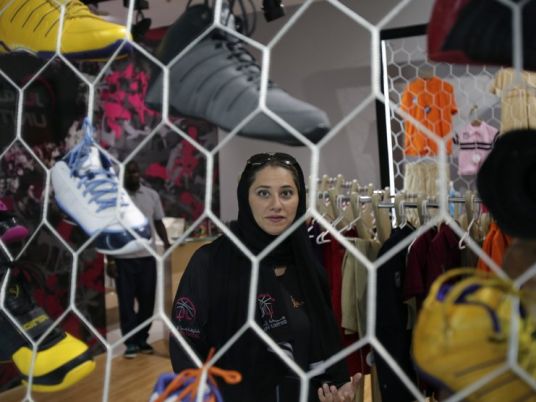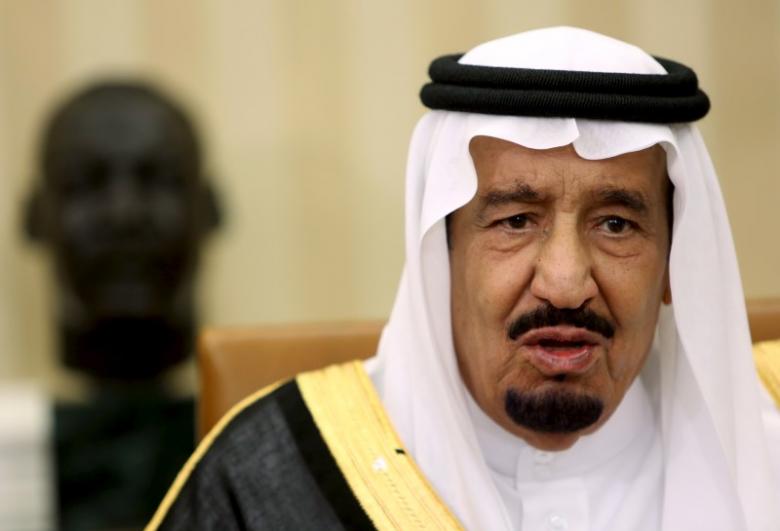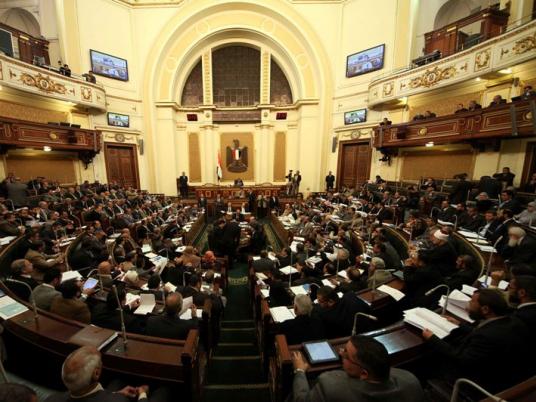
Sunday’s independent newspapers criticize the Shura Council’s decision to deliberate on a controversial proposal to amend the judicial authority law.
“Shura (Council) chooses escalation with judges,” reads the top headline of independent daily Al-Shorouk.
The paper states that the decision by the Islamist-led upper house of parliament to refer a proposal that would amend the judicial authority law to the Legislative Committee was met with open arms by Islamist MPs, but with much resistance from judges and opposition MPs.
It is reported that a number of parliamentarians from the opposition staged a sit-in in protest of Islamists’ ongoing ‘brotherhoodization’ of state institutions such as those of the judiciary, the media, and the ministry of interior.
The proposed amendment would lower the retirement age for judges from 70 to 60, which, it is believed, would force out about one quarter of Egypt's 13,000 serving judges.
The amendment, proposed by the moderate Islamist Wasat Party last April and strongly supported by the Freedom and Justice Party, seeks to purge Egypt’s judiciary of corrupt officials appointed by Mubarak.
The Salafi Nour Party will stand hand in hand with the opposition as long as both adopt the same stance, Amad al-Mahady, an MP from that party said.
The liberal Al-Wafd paper, distributed by the opposition Wafd Party, runs a catchy headline: “A dark day for the Shura Council.”
The report states that one hundred MPs wore black sashes that said “invalid procedure for invalid law” to condemn what they call “a massacre of judges.”
In another article, the partisan paper writes that if the council approved the amendment, the Judges Club would challenge its constitutionality.
Independent daily Al-Tahrir reports that Egypt’s High Constitutional Court declared four of the articles in the parliamentary elections law unconstitutional.
The court reasoned that the ratio of seats allocated to each governorate did not reflect population density, violating the constitution’s guarantee of fair representation.
The ruling overturned an article that would have given the president the power to determine the timing and duration of elections, the paper says.
Furthermore, the HCC reportedly ruled unconstitutional an article in the electoral law which would have allowed for the use of religious slogans during election campaigns.
The court also objected to police and army officers not being granted the right to vote.
Privately-owned daily Youm7 dedicates almost an entire page to an interview with Egypt's Coptic Pope, Tawadros II, in which the patriarch shares his opinion on the Muslim Brotherhood’s governance and discusses some of the more sensitive issues concerning the Coptic community.
Picking his words carefully, Pope Tawadros II denied that Copts are persecuted against, but rather “face the same difficulties as before, which continue to deteriorate.”
A critical issue raised during the interview concerned the status of Copts in post-revolution Egypt.
Everyone’s life has changed dramatically after the revolution, whether they are Muslim or Copt, the Pope told the paper.
Finally, Tawadros II advised the Brotherhood to “select those who are capable” when appointing state officials.
Independent Al-Tahrir publishes an exclusive, short interview with Ahmed Abdel Badiaa, one of the freed Egyptian soldiers abducted by unknown assailants in North Sinai last Thursday.
Abdel Badiaa did not give the paper any detailed information about the rescue operation, saying he was unable to see anything because the gunmen had blindfolded him.
He speculated that the Egyptian army had besieged the kidnappers, forcing them to abandon the hostages and flee.
State-run flagship Al-Ahram reports that there have been no power outages in the last few days.
Anonymous officials attributed the renewed stability of the electricity grid to increased power output, by up to 87 percent, and citizens’ positive response to a national plea to reduce energy consumption, the paper states.

